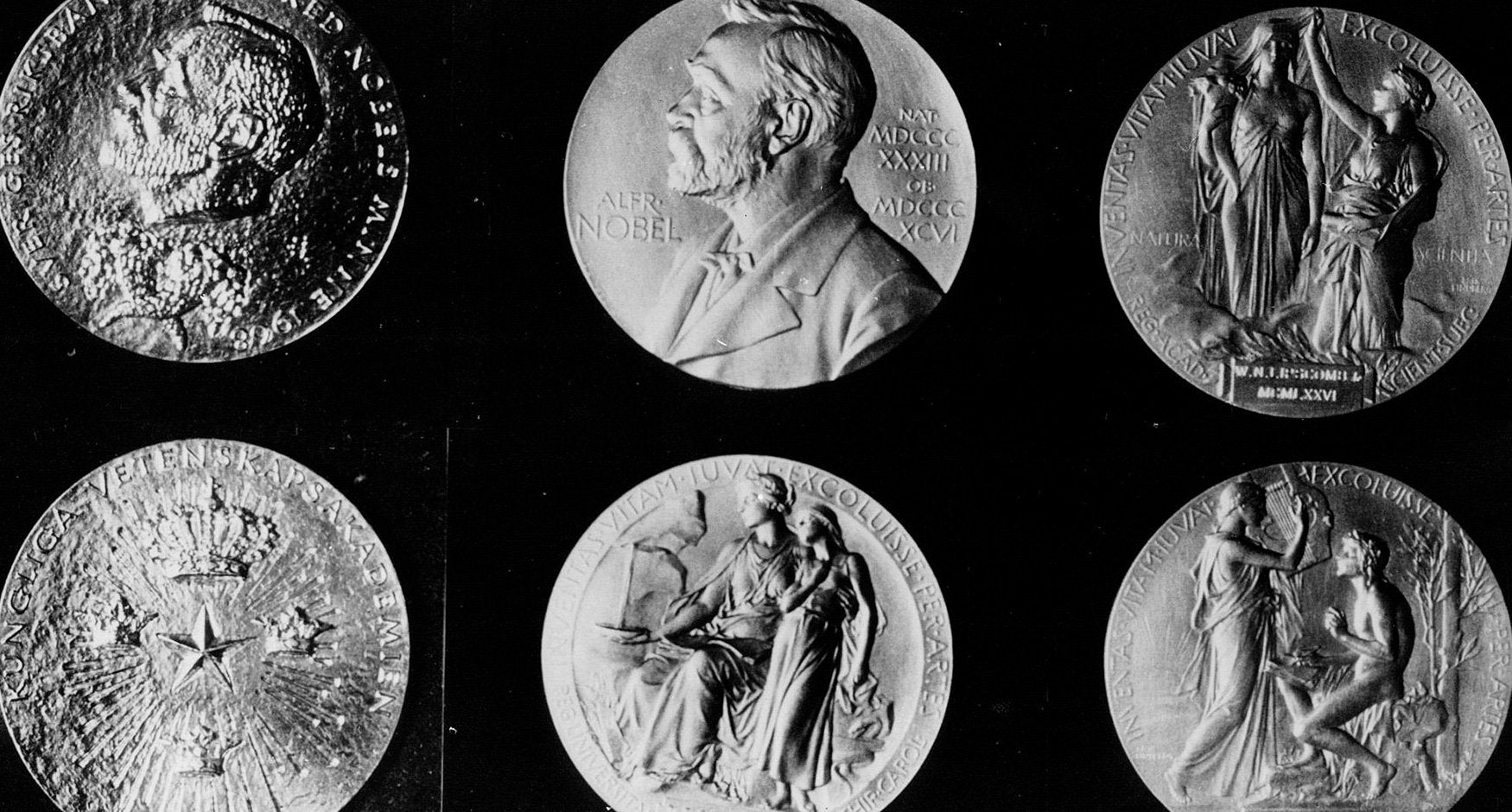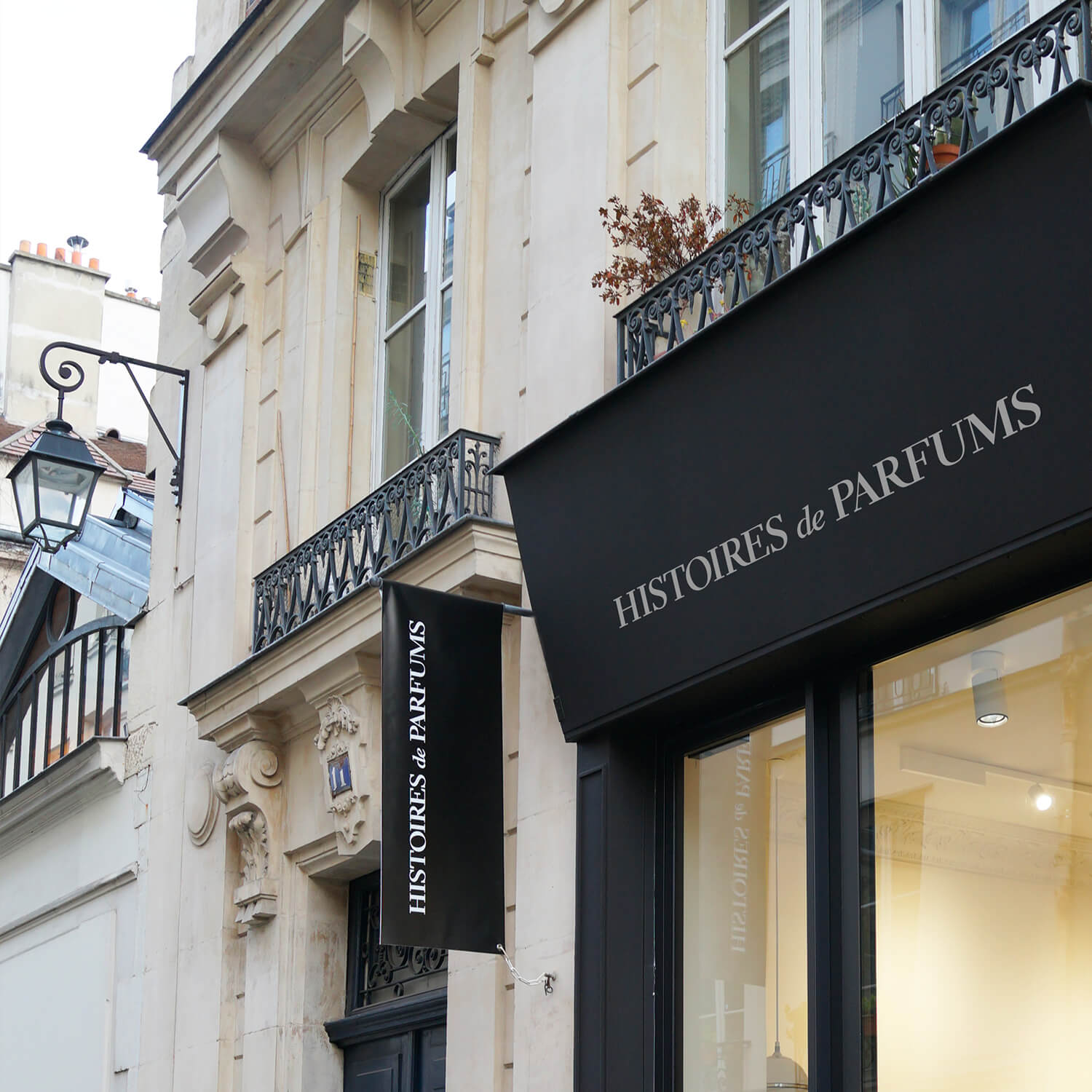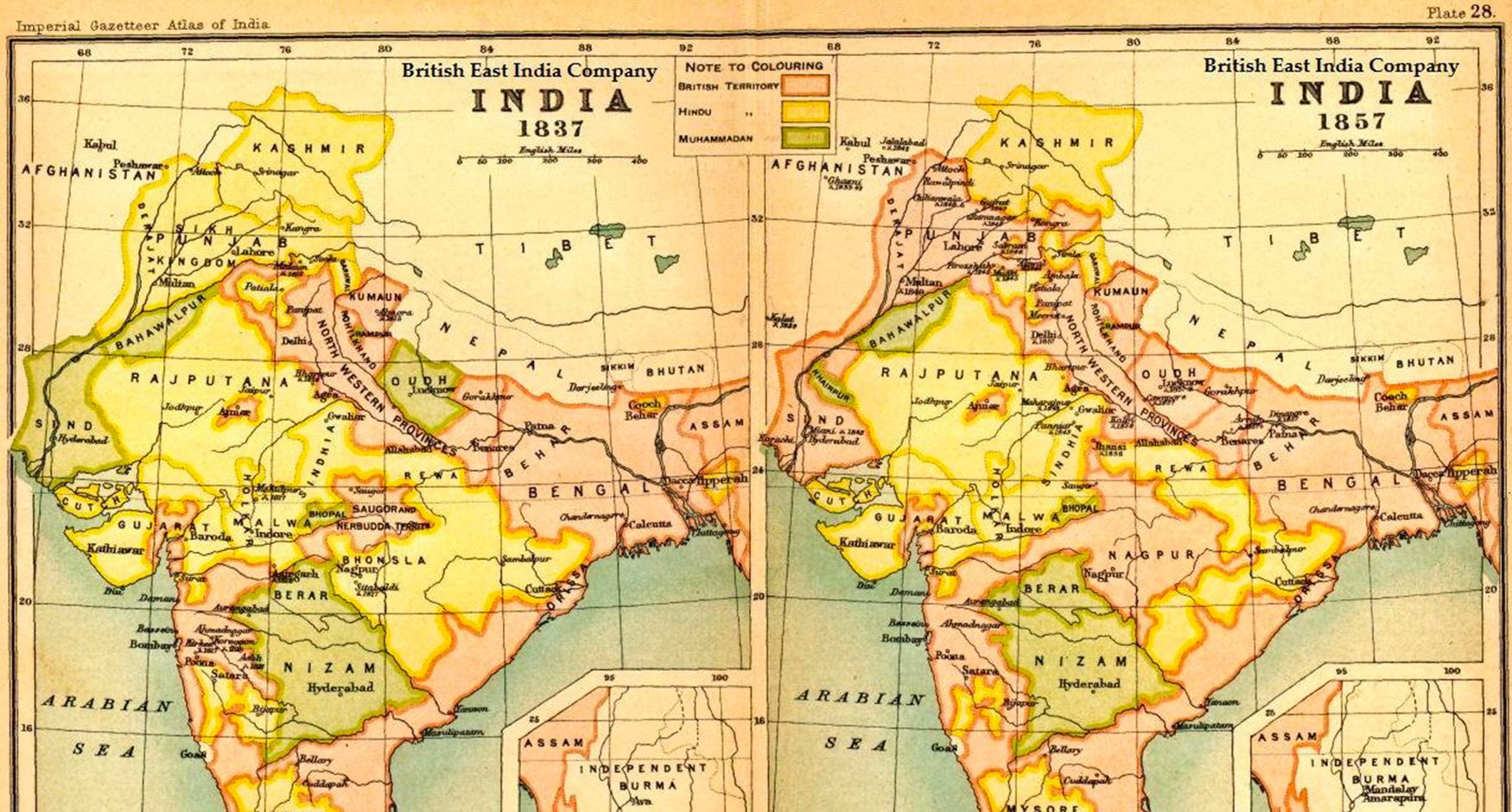
December 10th 1901: The first Nobel prizes

The genesis
Alfred Nobel was born on October 21st1833 in Stockholm. Coming from a family of engineers, industrialists and weapon manufacturers, he perpetuates the family tradition by becoming himself a chemist and weapon manufacturer. He will file up to 355 scientific patents. The best known, and the one which he will accumulate a great fortune, is that of dynamite.
In 1888, eight years before his death, a French journalist published a necrology, which was dedicated to him: “The Merchant of Death is dead”. The journalist who made the mistake actually refers to Alfred Nobel’s brother, Ludwig, who died in an explosion in one of the family’s factories. Alfred Nobel, deeply shocked by the article, will make every effort to leave a better image after his death.
The foundation
Alfred Nobel died in 1896. In his will written in 1895, he left almost all of his fortune to a fund whose interests must reward those who have rendered humanity the greatest services in the past year.
These awards are divided into five categories: chemistry, medicine, literature, peace and physics. It is stipulated that the nationality will not be taken into account, that the prize will be given during the lifetime of the winner and that it cannot be awarded to more than three people at the same time.
The first prizes
The Nobel foundation was created in June 29th1900. The first prizes were awarded in Stockholm the 10thof December 1901. Since then, 590 Nobel Prizes have been awarded to 935 persons or organizations.
Ever since the creation of this distinction, two personalities have deliberately refused the prize: Believing that this distinction would have limited this freedom to act, in 1964 Jean Paul Sartre, refused the Nobel of literature. The Vietnamese diplomat Duc Tho refused in 1973 the Nobel Peace Prize, considering that the Paris Agreements that ended the Vietnam War did not really pacify his country.





